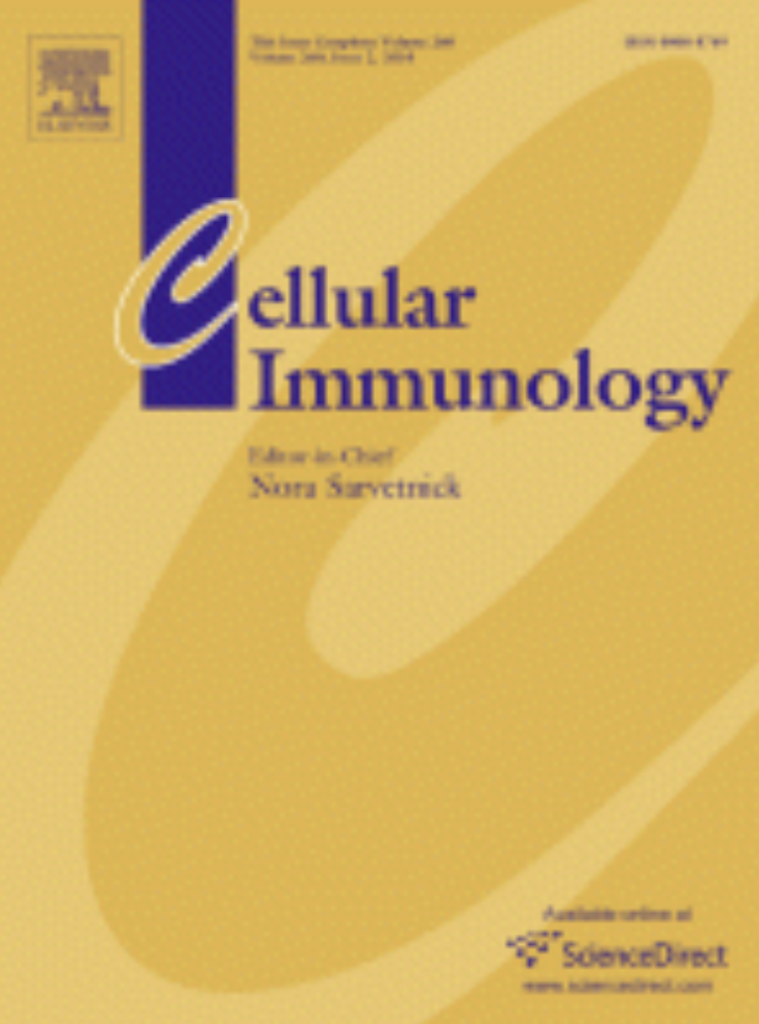October 2009
Mesenchymal stem cells as anti-inflammatories: implications for treatment of Duchenne muscular dystrophy.
Journal Citation
Cell Immunol. 2010;260(2):75-82
Authors
Ichim TE, Alexandrescu DT, Solano F, Lara F, Campion Rde N, Paris E, Woods EJ, Murphy MP, Dasanu CA, Patel AN, Marleau AM, Leal A, Riordan NH.
Abstract
Duchenne muscular dystrophy (DMD) is a lethal X-linked musculodegenerative condition consisting of an underlying genetic defect whose manifestation is augmented by inflammatory mechanisms. Previous treatment approaches using gene replacement, exon-skipping or allogeneic cell therapy have been relatively unsuccessful. The only intervention to mediate improvement in survival, albeit minor, is glucocorticoid treatment. Given this modality appears to function via suppression of underlying inflammation; we focus this review on the inflammatory response as a target for mesenchymal stem cell (MSC) therapy. In contrast to other cell based therapies attempted in DMD, MSC have the advantages of (a) ability to fuse with and genetically complement dystrophic muscle; (b) possess anti-inflammatory activities; and (c) produce trophic factors that may augment activity of endogenous repair cells. We conclude by describing one practical scenario of stem cell therapy for DMD.

